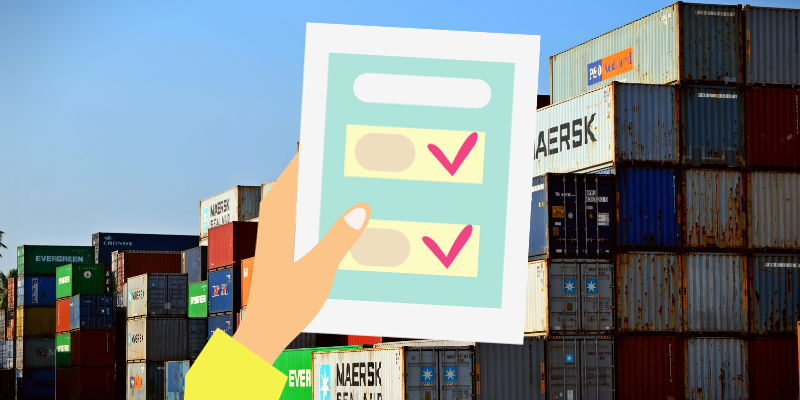Is a budget the same as a forecast?
April 28, 2022Is a budget the same as a forecast?
Is a budget the same as a forecast? The two terms are frequently used interchangeably. Which is better for my business?
Traditional budgets could be viewed as an allocation of scarce, limited or finite resources. They are common in Government Departments and Not-for-profit and to some extent larger organisations. They are often in the form of caps and limits on spending – limits resented by department heads and a source of frustration for employees. The term ‘Sales Budget’ is often used instead of a sales target. Again, these budgets are often resented particularly where employees responsible do not have input into the setting of targets.
Budgets show how money will come and go from your business over a period of time (usually a year). That money might come in as loans or revenue from sales. It will go out on things like inventory, rent, advertising and wages for you and your staff. Most budgets try to keep spending down to less than what’s coming in, but that might not be the case at first.
No one expects you to be able to actually achieve budget estimates in every segment of the business. That is a virtual impossibility. What the budget does give you is a blueprint against which to measure your actual performance. This will give you a clear indication as to where you actually stand on current day-to-day trading as compared to your expectations at the beginning of the year when the budget was prepared.
Forecasting goes hand-in-hand with budgeting to help you predict the financial outlook of your business. You start by estimating income (sales) and expenses over a period of time, such as six months. That’s your starting forecast and you use those numbers to draw up a budget.
A cash flow forecast is also important. It predicts how much money you’ll have in the bank at any one time based on when you expect to be paid and when you expect to have to pay bills or staff. A lot of new businesses run out of money at some point. A cash flow budget will help you see when those dry spells are coming, so you can plan around them.
The difference between a budget and a forecast?
Your budget is a plan for where you want the business to go. A forecast shows where it is actually going based on what’s happened before.
The solution is to use both budgets and forecasts
You will then have budgets and forecasts against which to measure your actual performance during the year. This helps you track your business performance against your strategic goals. For both your budget and your forecasts to be effective, they must be linked to your overall business strategy.
Your business budgets and forecasts should be regularly reviewed. How your actual results compare to your budgets and forecasts is important because they guide your business strategy going forward.
Ask yourself these questions:
- Do you regularly review budget forecasts and the financial health of your business?
- Do you have a good accounting system that is being managed well?
- Do your accounting and information systems allow you to review sales and financial performance compared to your forecasts?
- Do you have a budget for the organisation and each business unit and product?
- Have you introduced a culture of accountability – reward and recognition?
- Have you considered whether you could benefit from better control of your personal budget, cash flow and spending habits?
For more information on budgets, forecasts and next steps forward for your business, contact us. We’re here to help take the mystery out of your financial figures and help you run a successful business.






















